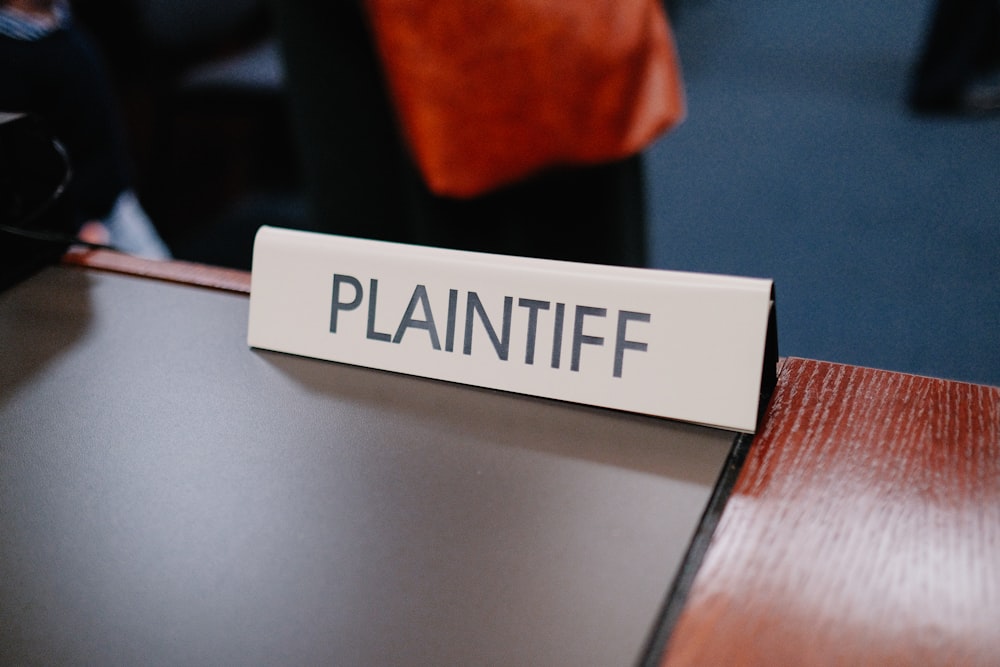Unveiling Corporate Negligence: Exploring the Wells Fargo Lawsuit
The Background of the Lawsuit:
The Wells Fargo lawsuit has attracted widespread attention due to allegations of corporate negligence and misconduct. Stemming from a series of scandals that rocked the financial industry, the lawsuit sheds light on the questionable practices that took place within one of the largest banks in the United States.
Allegations of Unauthorized Accounts:
At the heart of the Wells Fargo lawsuit are allegations that the bank opened millions of unauthorized accounts on behalf of its customers. Former employees revealed that they were under intense pressure to meet aggressive sales targets, leading them to engage in fraudulent activities such as opening accounts without customers’ consent or knowledge.
Consumer Harm and Financial Losses:
The unauthorized accounts created by Wells Fargo resulted in significant harm to consumers, including unexpected fees, damaged credit scores, and other financial losses. Many customers were unaware of the fraudulent accounts until they received notices from the bank or discovered discrepancies in their financial records, leading to widespread outrage and public outcry.
Regulatory Scrutiny and Fines:
In response to the scandal, regulatory agencies launched investigations into Wells Fargo’s sales practices and compliance failures. The Consumer Financial Protection Bureau (CFPB), along with other federal and state regulators, imposed hefty fines on the bank for its misconduct. These regulatory actions underscored the seriousness of the allegations and the need for accountability within the financial industry.
Shareholder Lawsuits and Investor Concerns:
The Wells Fargo lawsuit also prompted legal action from shareholders who alleged that the bank’s management failed to disclose the full extent of the fraudulent accounts and associated risks. Shareholder lawsuits accused Wells Fargo of securities fraud and breach of fiduciary duty, seeking damages for the financial losses incurred as a result of the scandal. These lawsuits highlighted the broader implications of corporate misconduct on shareholder value and investor confidence.
Employee Whistleblower Allegations:
Whistleblowers played a crucial role in uncovering the misconduct at Wells Fargo, with former employees stepping forward to expose the fraudulent sales practices taking place within the bank. Their testimonies provided valuable insights into the culture of pressure and incentivization that contributed to the unauthorized account scandal, prompting further investigations and legal action.
Reputational Damage and Public Trust:
The Wells Fargo scandal dealt a significant blow to the bank’s reputation and eroded public trust in the financial institution. Customers, investors, and regulators alike expressed outrage over the breach of trust and ethical lapses that allowed the fraudulent accounts to proliferate unchecked. Rebuilding trust and restoring confidence became paramount priorities for Wells Fargo in the aftermath of the scandal.
Internal Reforms and Remediation Efforts:
In response to the scandal, Wells Fargo implemented a series of internal reforms and remediation efforts aimed at addressing the root causes of the misconduct and preventing similar incidents from occurring in the future. The bank overhauled its sales practices, strengthened compliance protocols, and enhanced oversight mechanisms to ensure greater transparency and accountability across its operations.
Legal Settlements and Compensation:
Wells Fargo reached settlements with regulators, consumers, and shareholders to resolve the legal claims stemming from the unauthorized account scandal. The bank agreed to pay billions of dollars in fines, restitution, and compensation to affected parties, acknowledging its responsibility for the harm caused by its actions. These settlements marked a significant step towards accountability and closure for those impacted by the scandal.
Lessons Learned and Ongoing Challenges:
The Wells Fargo lawsuit serves as a cautionary tale about the dangers of corporate negligence and the importance of robust oversight and accountability in the financial industry. While the bank has taken steps to address the fallout from the scandal, it continues to face ongoing challenges in rebuilding its reputation and regaining the trust of its customers, investors, and the broader public. Read more about wellsfargo lawsuit

:max_bytes(150000):strip_icc()/homestaging-026b9ef577364870862916d4db364767.jpg)











